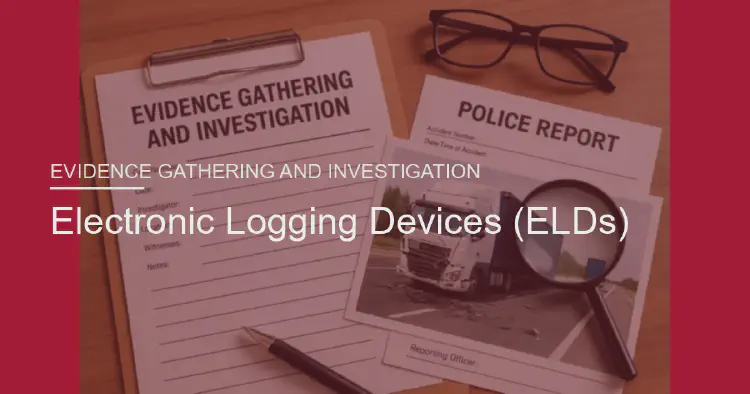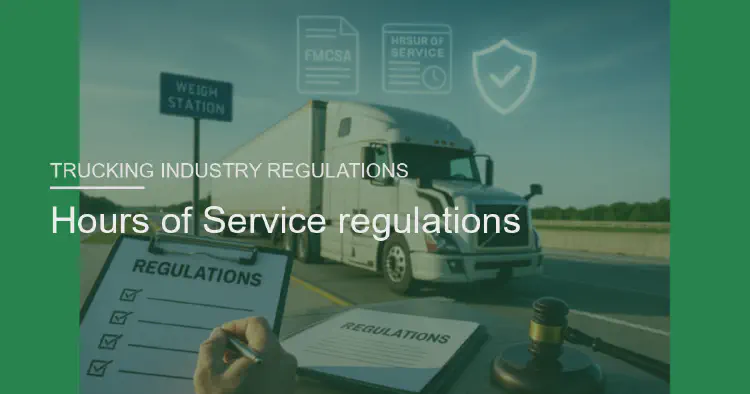
Public policy changes after major accidents
Major truck accidents often expose systemic weaknesses in safety enforcement, prompting lawmakers and regulators to enact policy changes aimed at preventing future tragedies.

Major truck accidents often expose systemic weaknesses in safety enforcement, prompting lawmakers and regulators to enact policy changes aimed at preventing future tragedies.

Major truck accident verdicts not only compensate victims but also establish legal precedents. These rulings influence how future cases are litigated, shaping liability, damages, and evidence standards.

While federal rules under the FMCSA create a baseline for trucking operations, individual states impose additional regulations. These state-specific rules can significantly impact liability and compliance in truck accident cases.

Electronic Logging Devices (ELDs) are mandatory tools in the U.S. trucking industry designed to improve compliance with Hours of Service (HOS) rules. They play a crucial role in accident investigations by providing objective data on driver activity.

Driver fatigue is one of the leading causes of truck accidents in the United States. To address this, the FMCSA enforces strict Hours of Service (HOS) regulations that dictate how long truck drivers can be on the road before resting.